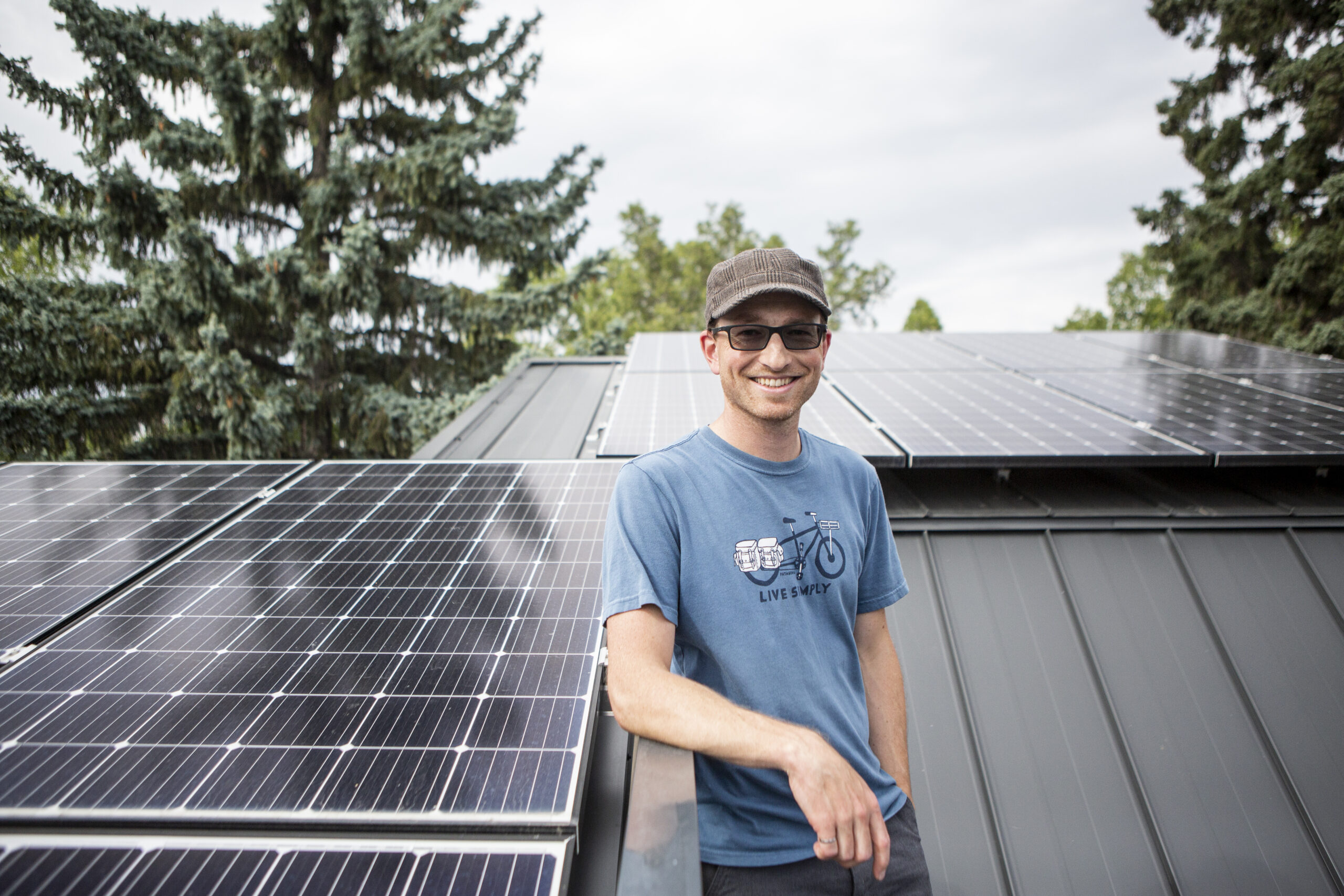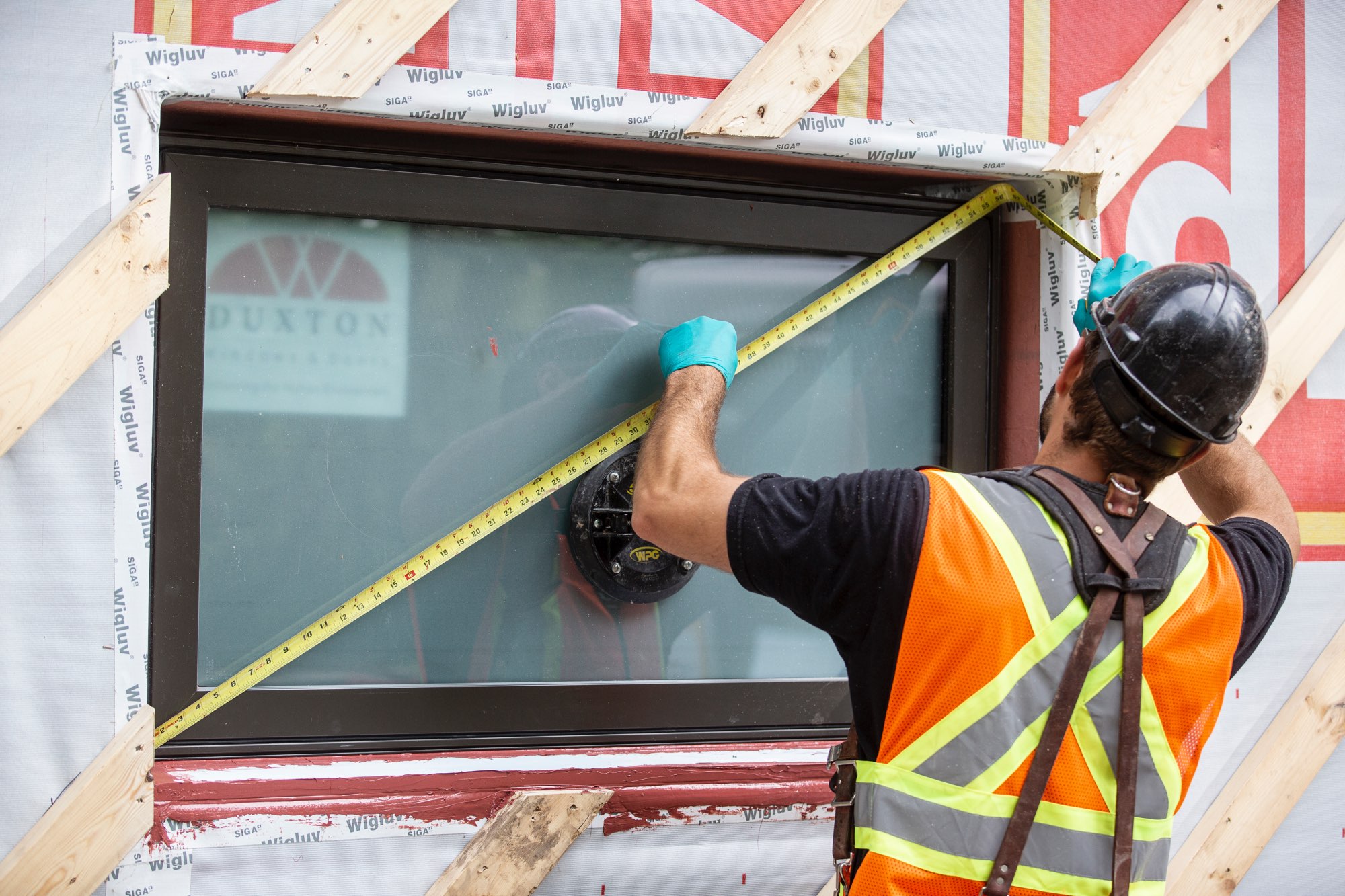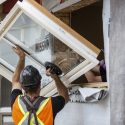Designed to protect Alberta property owners

Introduction
The Clean Energy Improvement Program, or CEIP, is a government-enabled energy efficiency and renewable energy financing program for residential and non-residential property owners. CEIP is a financing program designed to make residential and non-residential energy efficiency and renewable energy upgrades more accessible.
The CEIP leverages an innovative financing solution known as Property Assessed Clean Energy (“PACE”), which allows property owners to access flexible, long-term financing through their municipality. Repayment is facilitated through an added charge to the participant’s regular property tax bill.
Alberta’s CEIP legislation built in safe-guards that ensure property owners are protected while supporting local contractors.
The Town of Devon, Town of Rocky Mountain House and the City of Edmonton are expected to launch their Clean Energy Improvement Programs in late summer 2021.
Program history
The Government of Alberta’s Bill 10: An Act to Enable Clean Energy Improvements, passed on June 6, 2018, authorizes municipalities to finance projects and recover costs through the municipal property tax system. The attendant regulation, Clean Energy Improvements Regulation, came into force on January 1, 2019. On February 11, 2021, the Alberta Minister of Environment and Parks issued a Ministerial Order, officially naming the Alberta Municipal Services Corporation (“AMSC”) as the program administrator. The AMSC, a wholly-owned subsidiary of the Alberta Urban Municipalities Association.
Learn more about the Alberta Municipalities
Program administrator’s role
As the program administrator, the AMSC provides program delivery services to municipalities who pass enabling CEIP bylaws, including application and payment processing, Qualified Contractor management, quality assurance process, and evaluation of program performance.
The municipality is responsible for passing the bylaw to enable CEIP in their community, securing the financing required to lend to property owners for eligible projects, and levying the Clean Energy Improvement Charge to the property owner’s tax roll. The number of applications processed per year, and financing details (e.g. the interest rate and term length) are also determined by the municipality.

Consumer protection
The provincial CEIP legislation (the Act and Regulation) contain several measures designed to protect consumers participating in the program, including:
- Minimum warranty standards for materials and labour related to the installation of eligible upgrade(s).
- Only upgrades that increase energy efficiency or increase the use of renewable energy on a property are eligible for financing.
- The program administrator (AMSC) is required to review the terms and conditions of the program financing agreement with property owners.
The legislation requires the program administrator (AMSC) to establish and publish Qualified Contractor Marketing Guidelines on the program website (myCEIP.ca) that participating contractors must adhere to. The Guidelines address unfair, misleading, and deceptive marketing practices, for example contractors cannot say: “Your monthly energy savings from any CEIP Upgrade will always cover your monthly clean energy improvement charge.” Failure to comply with the Guidelines will result in contractor removal from the program.
Other measures include:
- The legislation also sets project financing maximums for each type of property: residential ($50,000), farmland ($300,000) and non-residential ($1,000,000).
- CEIP repayments cannot exceed what a property owner is currently paying in property taxes (i.e., the property owner’s property tax bill, with CEIP included, cannot be more than double).
- Under the regulation, CEIP cannot charge an admin charge greater than 5% of the capital cost (equipment, labour) of the project, which will be specified in the program terms and conditions, and the participant must acknowledge it at the time of the project agreement.
What’s next?
In our next article, we’ll discuss the role and responsibilities of contractors in the program (known as CEIP Qualified Contractors), how we onboard CEIP Qualified Contractors, and share additional consumer protection elements of the program.
Watch for program updates from the Town of Devon, Town of Rocky Mountain House, and the City of Edmonton in late summer 2021.
